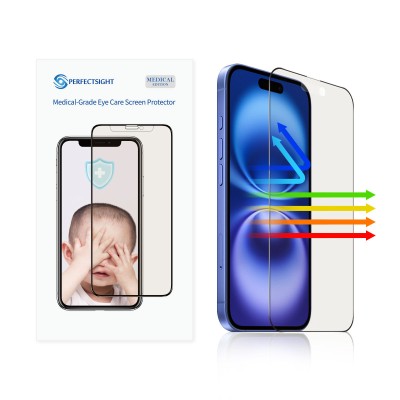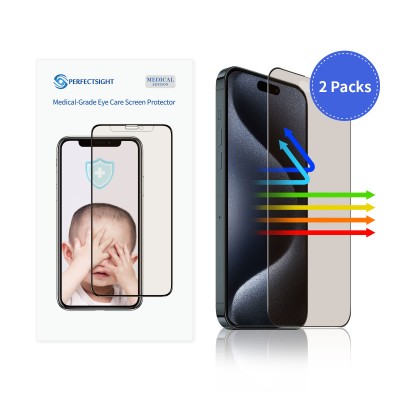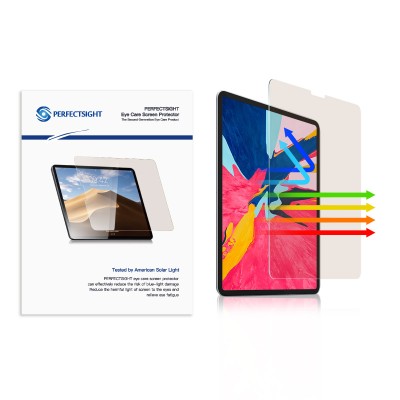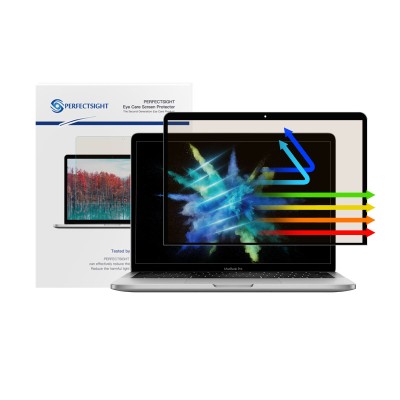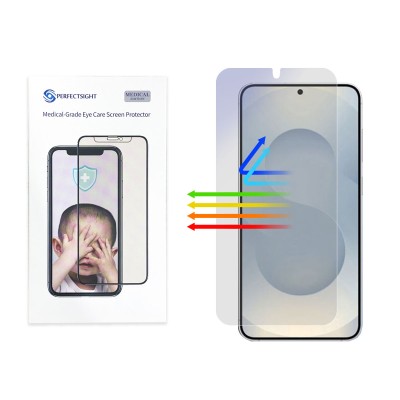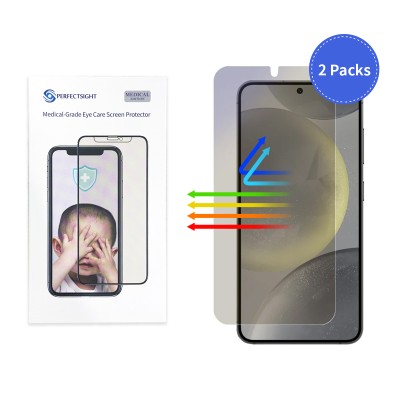Why Your iPhone 17 Needs a Screen Protector?
Why You Need an iPhone 17 Screen Protector?
1. Defense Against Physical Damage: Despite Apple’s use of durable materials, everyday hazards like keys, sand, or accidental drops can cause scratches or cracks. A screen protector acts as a sacrificial layer, absorbing impacts and reducing repair costs significantly—especially compared to Apple’s official screen replacements, which can exceed $300.
2. Enhanced Visual and Tactile Experience: Matte or anti-reflective coatings reduce screen glare in bright environments (e.g., sunlight) and repel oils, keeping the display smudge-free.
3. Long-Term Value Preservation: A pristine screen maintains resale value. Minor scratches can devalue an iPhone by up to 20%, making protectors a cost-effective investment.
Features of iPhone 17 screen protector
1. High-Definition (HD) Tempered Glass Screen Protector
Pros:
- Light transmittance >95%: Maximally preserves original screen colors without distortion, ideal for video editing or photography requiring color accuracy.
- Highly responsive touch sensitivity: Thickness ≤0.3mm ensures near-bare-screen tactile feedback and smooth operation.
Cons:
- Prone to fingerprints: Models with inferior oleophobic coating show noticeable smudges, requiring frequent cleaning.
Recommended Use Cases: Film creators, designers, and avid readers prioritize color fidelity and indoor environments with stable lighting.
2. Anti-Glare (AG) Matte Screen Protector
Pros:
- Strong anti-reflection: The micro-textured surface scatters 80% of ambient light, enhancing visibility outdoors.
- Fingerprint/sweat resistance: The matte layer physically repels oils, offering a dry-touch feel.
Cons:
Reduced clarity: ≈90% transmittance slightly blurs sharpness; ~15% color saturation loss.
Recommended Use Cases: Mobile gamers, outdoor workers (e.g., couriers, tour guides), and users needing high-frequency touch operations.
3. Anti-Blue Light Tempered Glass Screen Protector
Pros:
- Eye protection: Filters 380–450nm harmful short-wave blue light, reducing retinal photodamage risk and alleviating eye strain.
Cons:
- Noticeable color shift: Warm color temperature (similar to "eye comfort mode").
Recommended Use Cases: Students, night-time users, dry-eye syndrome patients, and other long-term screen viewers.
4. Privacy Screen Protector
Pros:
- Privacy protection: Micro-louver technology restricts viewing angles (>30° laterally shows a black screen), preventing shoulder surfing.
- Business compatibility: Suitable for handling confidential documents or financial transactions.
Cons:
- Severe brightness loss: 80–85% transmittance requires increasing brightness by ≥30%, exacerbating eye fatigue.
Recommended Use Cases: Business commuters (subways/flights), open-plan offices, and other privacy-sensitive scenarios.
